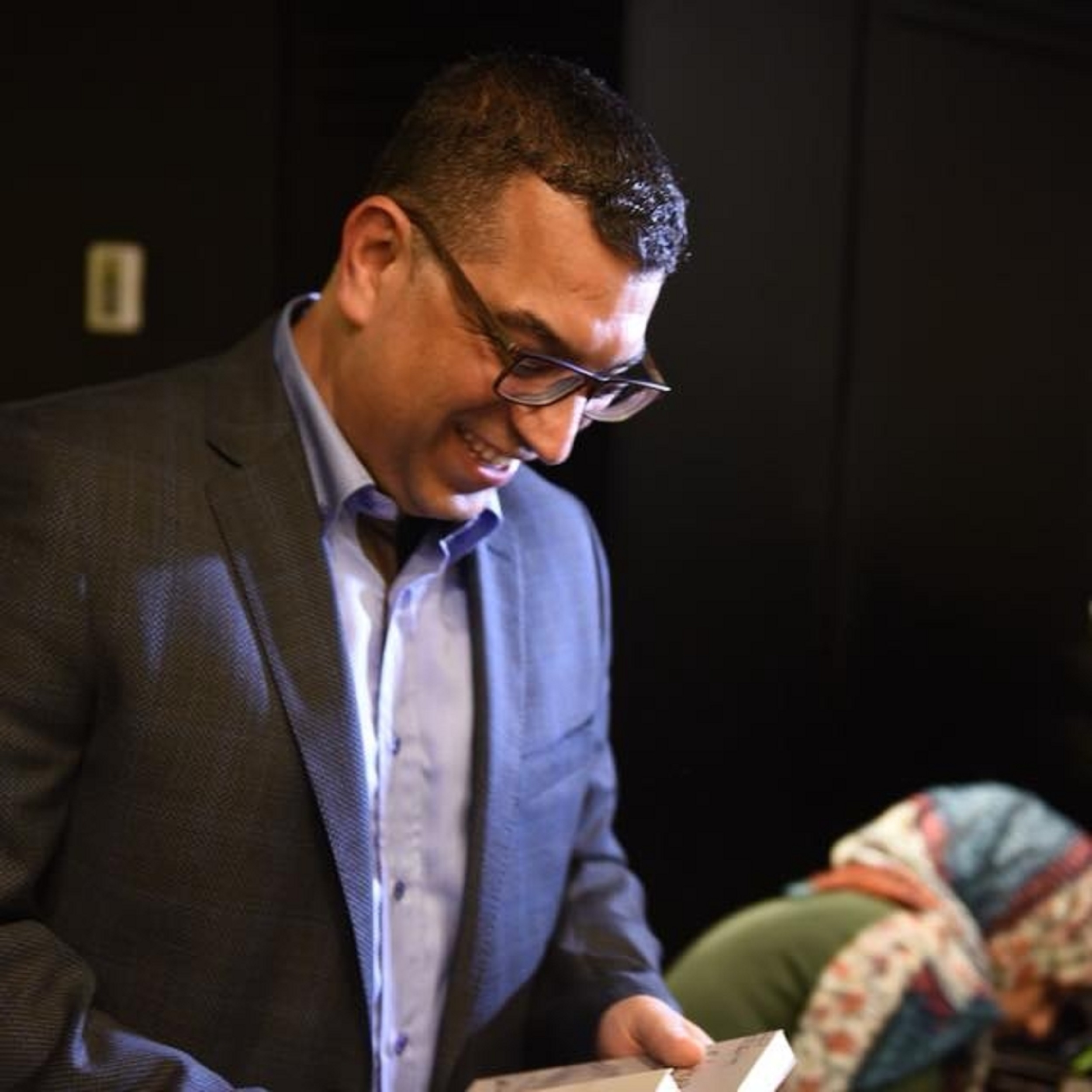When this text: “The best of the ages is my generation, then those who follow them, then those who follow them” in its various forms, in the most recognizable modern collections, and receives extraordinary attention , which surpassed the other texts said in both of them. collections etc., should the researcher ask what the researcher needs in Occultism ?! This is exactly what Al-Diri did in this book, which led him to results worthy of reflection, after he had carefully studied the composition of the overall picture of this text with all its prefixes. : historical, political, doctrinal, modern and fundamentalist (somewhat in the science of origin). In other words, “the best of the ages…” is a rule with a legal religion to defend oneself from criticism from a special group (companions, followers and followers of followers: not all companions and their followers and their followers and their followers and their followers) from criticism, it is first, but to legitimize the contradictions of their lives and what was taken against them according to the balances of sharia and reason , secondly, and as a means of denying the Feathers (men) not to satisfy them under official policy (power) III. All this is according to the deliberate directive of the head of state (Umayyad Caliphate) in due course and according to specific mechanisms, among which: a mechanism for reviewing a religious-historical text based on the reliability of the chain of delivery.
In this node of research, Ali al-Diri dares to see the roots of some scientific issues as political, and he does not hesitate to state the main role (authority) in the struggle of the owners of scientific doctrine programs, and emphasizes his role (i.e. authority) in creating influential scholars in the field of the Islamic religion. The author explains the three main axes to get the basic idea of the study. The first axis has to do with the idea of “the best of times” and the sense that the Muslim community is directed towards understanding this text, far from any interpretations contrary to the will of the authors of the text that attributed to the Prophet. . Islam.
The second axis, in the case of Ibn Jarir al-Tabari, a famous historian-encyclopedist, author of “History of Messengers and Kings” and the interpretation of “Jami al-Bayan”, includes the Hanbali in his period, and the attempts that took place in the Salafi were thought to reshape al-Tabari’s personality and present him as “Salafi”, recognized in their view of the problems of dispute between sects and critical positions of diverse personalities in their intellectual approach. The third axis, in which he discussed the issue of the “chain of transmission of narrations sent from the Prophet”, and explored the roots of the problem of analyzing news by a set of narrators, was the control of a valid and unreasonable delivery chains. , the secrets of this seemingly scientific mechanism, and how to use it in doctrinal conflicts and differences between jurisprudence and theological schools in Islam.
The book is very persuasive. If the reader goes beyond the historical overview of the book’s material and searches for the writer’s hidden meanings, he or she may come up with more bold results than the book says. I say that none of these intentions are final, but the author clearly does not want this research effort to interfere with history and flirt with reality!
And if we consider the results of the cultural management of the “best century” in general Islamic thought, then we can hardly find among the owners of sects and schools of jurisprudence among Muslims who do not use these results in their practical reality. . Considering that the culture of “good times” means what it means: the dominance of the former over the successors, the assumption of temporal priority over the latter, and the invention of controls for in the analysis of people and texts that do not exceed the “chain of transmission chains”, and moreover, we can see the misuse of other texts (Apart from the text: the blessing of the ages), according to the followers of other schools (except Salafi), which are identical. in what those who hold the central role of the “goodness of the ages” do in their intellectual system. An example of this is the text: “Concerning the events that took place…” according to the Shiites, attributed to the twelfth Imam Muhammad ibn al-Hasan al-Mahdi, and as the authority of the jurors in the ages. , the slanders closest to the time are more effective at managing those who follow them from the jurors whenever the movement of time continues, whether in theory or morality! We also find in this context the issue of using the “chain of narrators” in documenting the narrative, and the narrators are present in their own attire in the testimony of the conspirators with the experts, which some parties wish to make generally legal. culture of their opinion on the jurisprudence of such and such and knowledge of such a thing, with a need for presence. These specialists have a specific orientation, and have a special color, so there is no outstanding scientific value for the opinions of others, which may be in objective measurements from experts, but they are not included in “Official group” of the party, whose rules and knowledge should be general to Shia truth (regardless of this body without detail)!
The reader may think for a moment that the book “Blessed Ages” is a widely discussed study by various researchers, but the simple re-presentation of this topic for study and research means a resurgence of thinking with criticism of an idea meant to be deposited in the general ignorance of the Muslim community, so that it does not notice it while voluntarily dealing with it, moreover, what is between the lines in the book gives of additional value to the study, which is worth the effort to enter into it.
* Bahraini writer
Source: Al-Akhbar
